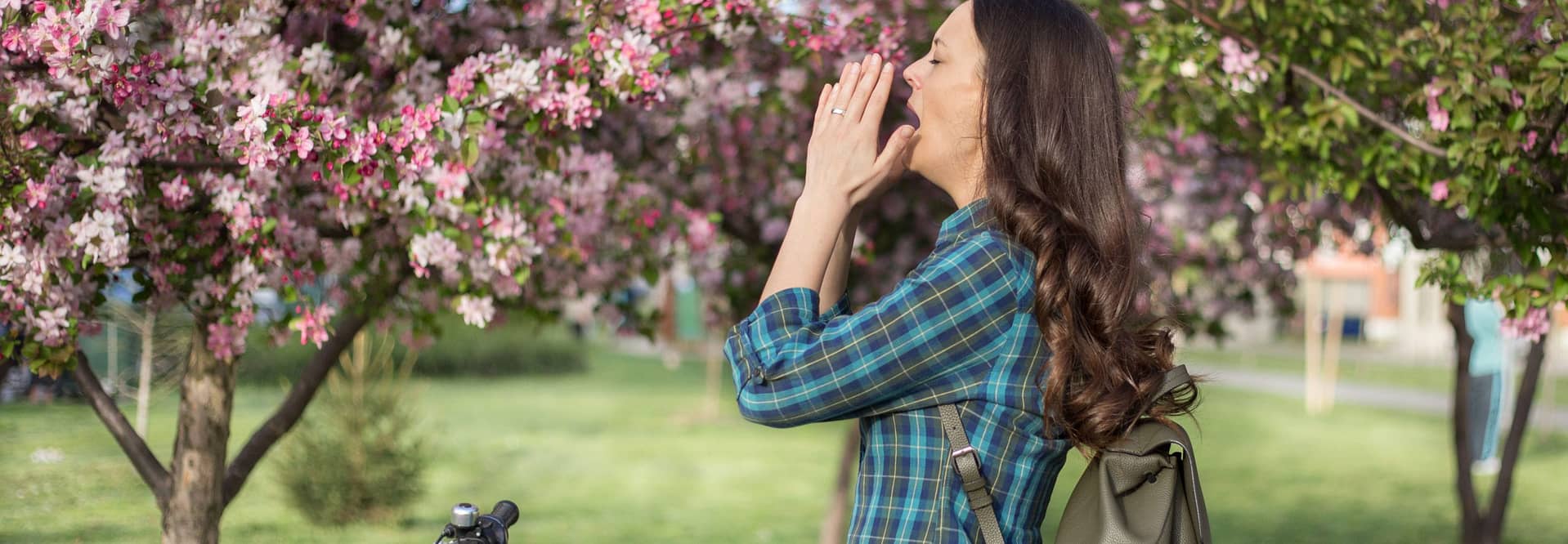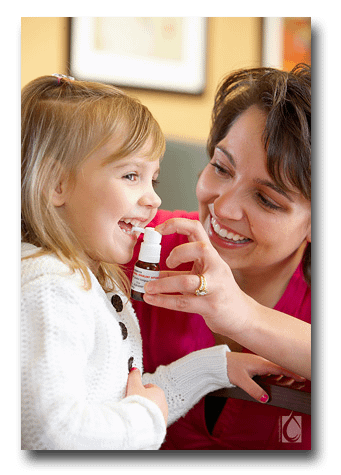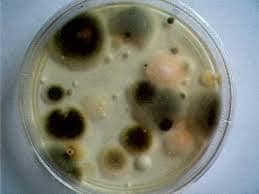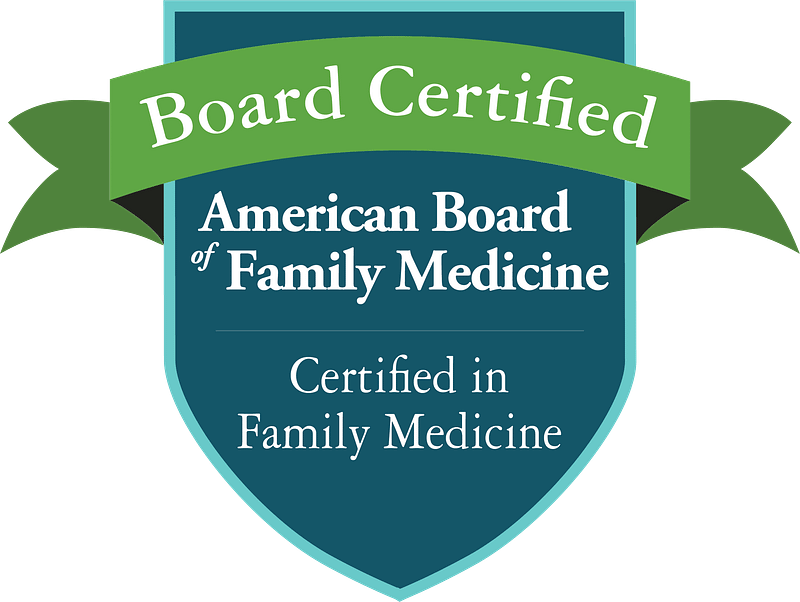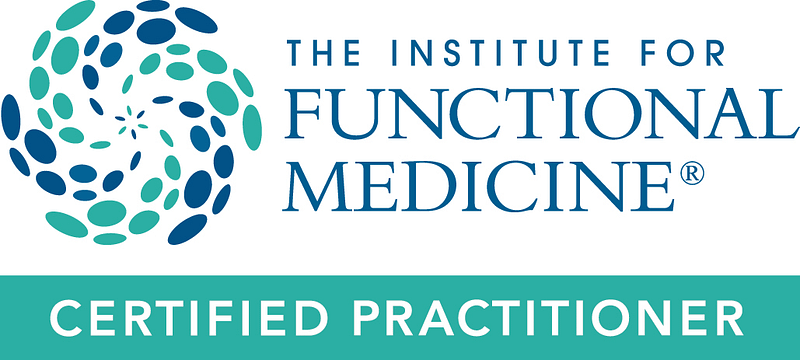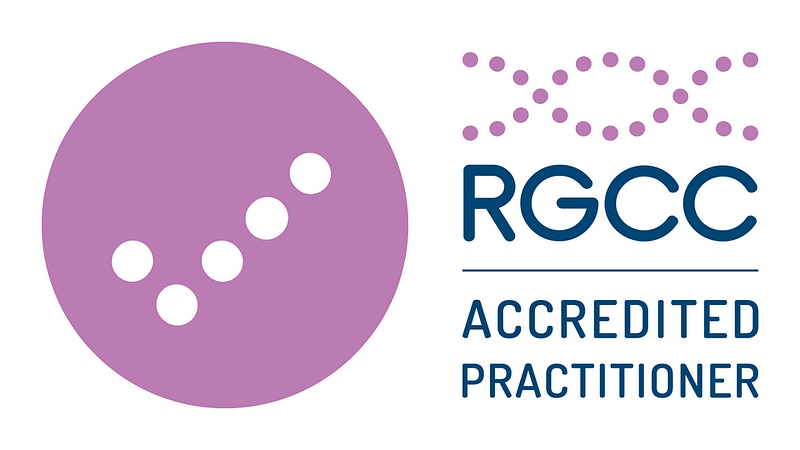by Dr. John L. Wilson, Jr.
An estimated 40 to 50 million Americans suffer from seasonal allergy to pollen, commonly referred to as hay fever. Tree pollens predominate in the spring, grass pollens in the late spring, continuing through late summer and fall, when weed pollens predominate. Watery, itchy, red eyes; runny nose; itchy throat and persistent sneezing afflict sufferers during pollen seasons. Asthma, sinusitis, and bronchitis may also result. Mental dullness and fatigue are commonly reported by allergy sufferers, resulting in routine work responsibilities and even thinking becoming difficult. You can count on pollen from the diverse trees and weeds of Western North Carolina finding you in a crowd if you suffer from hay fever – pollen has been found in the air over the ocean 400 miles from land.
Conventional medical approaches to hay fever consist of drugs including antihistamines, decongestants, and steroids to suppress symptoms. Since giving individuals tiny doses of the same pollens they’re allergic to can result in desensitization, individuals who fail to respond to drug treatment may have prick and scratch skin testing, and resulting treatment with allergy shots, typically beginning with two shots per week, reducing to one shot per month over time.
Allergy symptoms result when mast cells, specialized cells in mucous membranes, release histamine on exposure to an allergen in a sensitized person, contributing significantly to the symptoms of allergy. Natural substances known to stabilize mast cells include the bioflavonoid Quercetin and the herb Stinging Nettle. Homoeopathics, including Allium cepa (red onion) and various over-the-counter homeopathic combination remedies can be very helpful in treating hay fever, as can pycnogenol, a powerful antioxidant found in the skins of grape seeds as well as the inner bark of the Maritime Pine tree.
Environmental control is important for a person with hay fever and includes limiting outdoor exposure especially between 5:00 and 10:00 a.m. when pollen counts are at their highest, keeping windows in your home closed during pollen season, and closing windows and fresh air intake when in your vehicle. Since pollen counts approach zero in air-conditioned buildings, air conditioned home or workplace can be helpful, though some will experience worsening of nasal symptoms on exposure to cold air. Since most people spend a third of their life in their bedroom, making a bedroom an oasis from allergens with high efficiency particulate accumulator (HEPA) air filtration and careful attention to house cleaning can be very helpful. Minimizing exposure to allergens, decreasing stress, eating simply and well (no sugar), identifying and avoiding food allergens, and getting adequate sleep also help a body cope with the effects of allergies.



